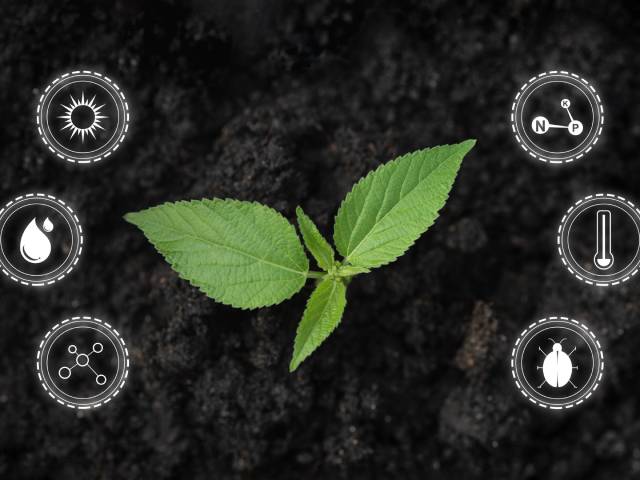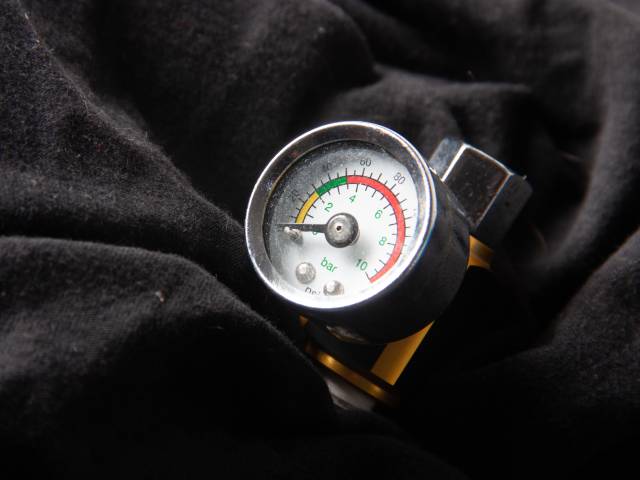

Manufacturing is a complex and ever-evolving industry that requires businesses to stay on top of the latest trends and technologies. Efficiency is one of the most critical factors in manufacturing. The ability to make high-quality products while minimizing costs and reducing waste are the keys to maintaining a competitive edge in today’s market. Fortunately, several manufacturing processes improve efficiency and streamline operations. By implementing these strategies, businesses can reduce expenses, improve product quality, and increase customer satisfaction.
Reaction injection molding (RIM) involves the injection of thermosetting polymers into a mold. The best time to use RIM is to produce molded parts with extreme accuracy. Unlike traditional injection molding, RIM uses low-viscosity liquid polymers that expand and thicken through chemical reactions. The resulting material is strong, lightweight, and durable, making it ideal for producing structural plastic parts such as automotive bumpers and air spoilers.
RIM improves efficiency by enabling manufacturers to produce large-scale car parts that are rigid but lightweight, reducing fuel consumption and improving the performance of vehicles and other products. This process is highly effective and offers numerous benefits to businesses looking to improve their production efficiency.
Just-in-time (JIT) manufacturing involves producing only what is needed, when it is needed, and in the exact quantity required. JIT manufacturing improves efficiency by reducing inventory, minimizing waste, and optimizing the flow of materials, information, and products. By implementing JIT, businesses can reduce their inventories, which can be costly and take up valuable space.
JIT focuses on creating a lean production process that utilizes a pull-based system, where materials are replenished only when necessary. This process also emphasizes the importance of high-quality standards, which eliminates defects and deviations in production and leads to greater consistency.
Total productive maintenance (TPM) is a comprehensive approach to equipment maintenance that aims to achieve perfect production and eliminate downtime. TPM is a reliable manufacturing process that improves efficiency by involving all departments in maintenance, from operators to technicians to management. By taking a holistic approach to equipment maintenance, TPM identifies issues proactively, performs regular inspections and repairs, and reduces the risk of equipment breakdowns and unplanned downtime. TPM also emphasizes the importance of employee engagement, training, and improvement, which can establish a culture of accountability.
Six Sigma is a data-driven approach to quality management that aims to eliminate defects and reduce variability in manufacturing. It improves efficacy by minimizing variation and removing defects. With statistical analysis, Six Sigma enables businesses to identify and address the causes of inefficiencies in their operations. Like TPM, it emphasizes the importance of employee involvement, training, and development.
24World Media does not take any responsibility of the information you see on this page. The content this page contains is from independent third-party content provider. If you have any concerns regarding the content, please free to write us here: contact@24worldmedia.com

Common Home Repair Tools To Have Available

Bathroom Essentials for New Commercial Restrooms

Strategies To Increase Sustainability on Your Farm

Top Machines Every Pharmaceutical Facility Should Invest In

How To Choose the Most Appropriate Work Gloves

Why You Need To Improve Drainage on Your Property

Essential Tips To Shield Your Car Windows From Damage

Warehouse Optimization Tips To Improve Performance

How High-Humidity Climates Affect Pressure Gauges

How Is Global Health Improving Year After Year